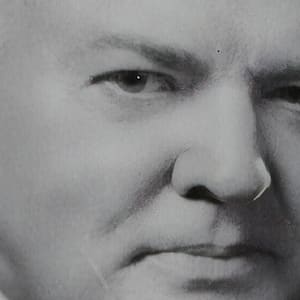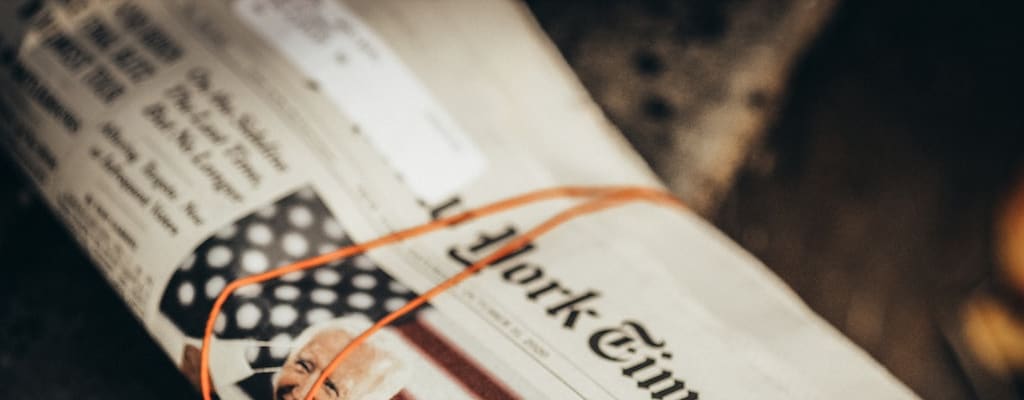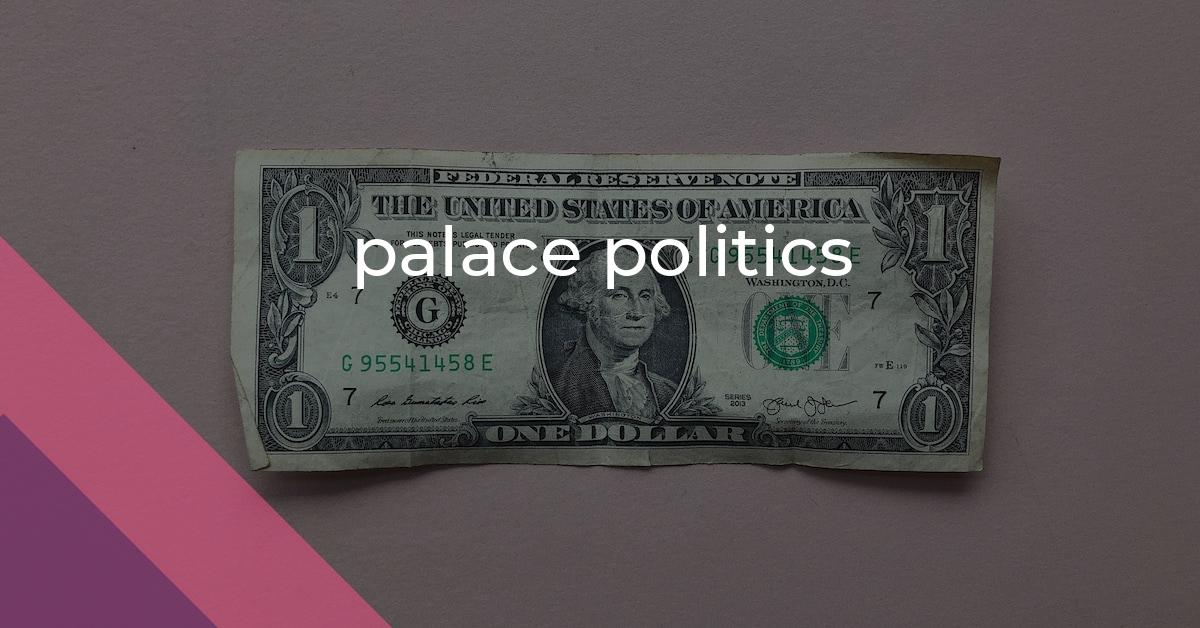palace politics: Idiom Meaning and Origin
What does ‘palace politics’ mean?
The idiom "palace politics" refers to the power struggles and intrigues that occur within a royal or political setting, where individuals compete for influence, control, and advancement.

Idiom Explorer
The idiom "put someone in their place" means to assert one's authority or dominance over someone, often by reminding them of their lower status or making them feel inferior.
The idiom "pull strings" means to use one's influence or connections to manipulate or control a situation in one's favor.
'Pull rank' is an idiom that means to use one's higher rank or position of authority to gain an advantage or to assert dominance over someone else.
The idiom "pulling power" means the ability to attract or influence others, typically in romantic or persuasive contexts.
When someone prevails upon another, they successfully persuade or convince them to do something, often through persistent effort or pleading.
The idiom "powers that be" refers to the influential individuals or groups who hold authority or control over a particular situation or organization.
The idiom "power of the purse" refers to the ability to control or influence decisions by controlling the money or financial resources. It implies that those who control the finances hold significant power and can shape outcomes.
The idiom "power-hungry" refers to a person who is excessively eager or desperate to gain or maintain power. They are driven by a strong desire for control or authority and may use unethical or manipulative means to achieve their goals.
The idiom "power behind the throne" refers to a person who holds significant influence and control over a situation or an organization without having an official title or position of authority. This individual often pulls the strings and makes key decisions behind the scenes, while someone else holds the visible position of power.
The idiom "poor power" refers to someone who lacks authority, influence, or control in a given situation. It implies a lack of ability or effectiveness, leading to a disadvantageous position.
Palace Intricacies
The idiom "palace politics" is an interesting phrase that originated from the context of ancient palaces and has come to be used metaphorically in modern times. It refers to the complex, intricate, and often manipulative power struggles and intrigues that take place within a particular organization or institution, particularly in political or corporate settings. The idiom "palace intrigue" is closely related to "palace politics" and refers to the secretive and clandestine activities that occur within a palace or a similar setting. In the realm of modern politics, palace politics can be seen as a reflection of the inherent struggle for power and influence within a governing body. It encompasses the strategic maneuvering and behind-the-scenes operations that individuals or factions engage in to gain and maintain control, often involving deception, alliances, and the undermining of rivals. This concept is similar to the idiom "play politics," which means to engage in political maneuvering or strategizing to achieve one's goals. In both political and corporate spheres, there is often a "power behind the throne" - an influential individual or group who exercises authority and control without holding a formal position of power. These behind-the-scenes power players often hold significant sway in decision-making processes and can exert considerable influence over the direction of an organization or institution. The phrase "power behind the throne" is related to palace politics as it highlights the existence of hidden power dynamics. Palace politics can also be observed in the corporate world, where competition for positions of authority and influence can be equally fierce. In this domain, palace politics may involve a variety of tactics such as networking, lobbying, office politics, and even the manipulation of company policies for personal gain. The idiom "powers that be" is related to palace politics as it refers to the individuals or groups who hold significant power and influence within a particular system or organization. The idiom "palace politics" is rooted in the concept of a palace as a stronghold of power and authority. Throughout history, palaces have been symbols of wealth, status, and control, serving as the residences of royalty, high-ranking officials, and powerful elites. These palaces have often been the center of complex webs of relationships and power dynamics, leading to the emergence of the idiom as a metaphorical representation of these intricate and often secretive workings. It is important to note that palace politics is not limited to specific cultures or time periods. While it may have originated in ancient contexts, the idiom has transcended geographic and temporal boundaries, finding relevance in various societies and epochs. Its universality speaks to the enduring nature of power struggles and political maneuvering, regardless of the specific historical or cultural context in which they occur. The idiom "palace politics" encapsulates the complex dynamics of power struggles, manipulation, and intrigue that occur within political and corporate spheres. Its metaphorical origins in ancient palaces give it a timeless quality, as it continues to resonate with people in different contexts and eras. The idiom serves as a reminder of the enduring nature of human ambition and the lengths individuals are willing to go to gain and maintain power.
Example usage
1. Despite being part of the same political party, the two senators were engaged in intense palace politics, constantly maneuvering to gain more power and influence.
2. The CEO's downfall was a result of palace politics within the company, as rival executives had plotted against him to take control of the organization.
3. The recent cabinet reshuffle was a clear indication of palace politics at play, with ministers being strategically appointed or removed to strengthen the president's position.
More "Politics" idioms



